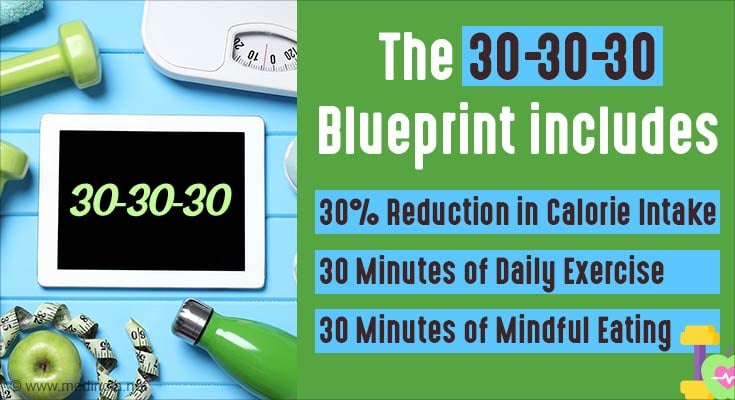More empanadas, less cassava please. The people of Puerto Rico, Greece and Norway enjoy their food more than diners in any other countries, according to a new global study that reveals a link between the pleasure people take in food and their overall wellbeing.
The study asked about 1,000 people in 142 countries and locations, from Australia to Algeria, whether they had enjoyed the food they had eaten in the previous seven days. In the UK, 91% said yes, putting the nation’s cuisine on a par with Kazakhstan and Jamaica in terms of satisfaction.
Despite a supposed culinary renaissance in recent decades, that means the UK is in the bottom half of the table, drawn up from polling by Gallup.
Those historical bastions of good eating, France and Italy, are perhaps predictably higher up the table than the UK, but Britain’s cooks might feel aggrieved to be behind places like Denmark, Nepal and Mongolia. On the upside, 88% of people in the UK said they thought their food was mostly healthy (36th out of 142 nations) and 86% said they had lots of choice.
By contrast, people in the Democratic Republic of Congo and Sierra Leone, where staples include cassava and rice, were the least happy with their daily meals. They were also least likely to say their food was mostly healthy and were also among the places where people felt they had the least choice. The Baltic state of Lithuania – home of the meat-stuffed potato dumpling known as Cepelinai – takes home the unwanted crown of the lowest food enjoyment of any European country.
Overall, people in poorer countries were less likely to answer “yes” to the three survey questions, with the opposite being true for richer nations. Uzbekistan, where the rice and mutton concoction has a claim to be the national dish, recorded high ratings for food enjoyment and healthy eating. But the report’s authors suggested this might be more because of the authoritarian regime as Uzbeks tend to provide positive responses to other polling.
READ RELATED: Now I’ve given birth, I’m worried I may never want to have sex again
Wealth isn’t everything when it comes to food enjoyment, however. The highest level of enjoyment was in the Caribbean country of Puerto Rico, an unincorporated US territory with GDP per capita on a par with Romania, where coconuts and mangos are abundant and popular dishes of red beans and rice and roast pork are seasoned with local seasoning known as “sazon” and pepped up with “pique” hot sauce.
“It’s just simple and delicious,” said Juan Carrion, a London-based Puerto Rican, who said national dishes including empanadas (filled pastries) were “seasoned for flavour”.
Across the globe, people who enjoyed their food were 1.29 times more likely to be thriving, according to Gallup’s measure, compared with others who did not mostly enjoy the food they ate. Individuals who said they had lots of choice were 1.45 times more likely to have higher wellbeing than those who did not say this.
“This study is, to the best of my knowledge, the first in the world to use global data to clarify a strong correlation between food and wellbeing and provides significant findings for humanity,” said Yoshiki Ishikawa, the president of the Well-being for Planet Earth Foundation, which backed the research.
Overall, people living in North America, Latin America and the Caribbean were most happy with what was on their plates with an average satisfaction score of 96%. The least satisfied diners were in sub-Saharan Africa (72%), followed by north Africa (81%), eastern Asia and the Arab states (both 82%). These were also the areas where people said they had had the least choice of types of food over the previous seven days.
The study concludes: “Individuals who feel like they have a variety of choices in their food options and consume food they find enjoyable and nutritious are significantly more likely to have higher subjective well being than those who do not feel this way about their food, even when controlling for other factors which are known to shape subjective wellbeing, such as income, education and age.”



